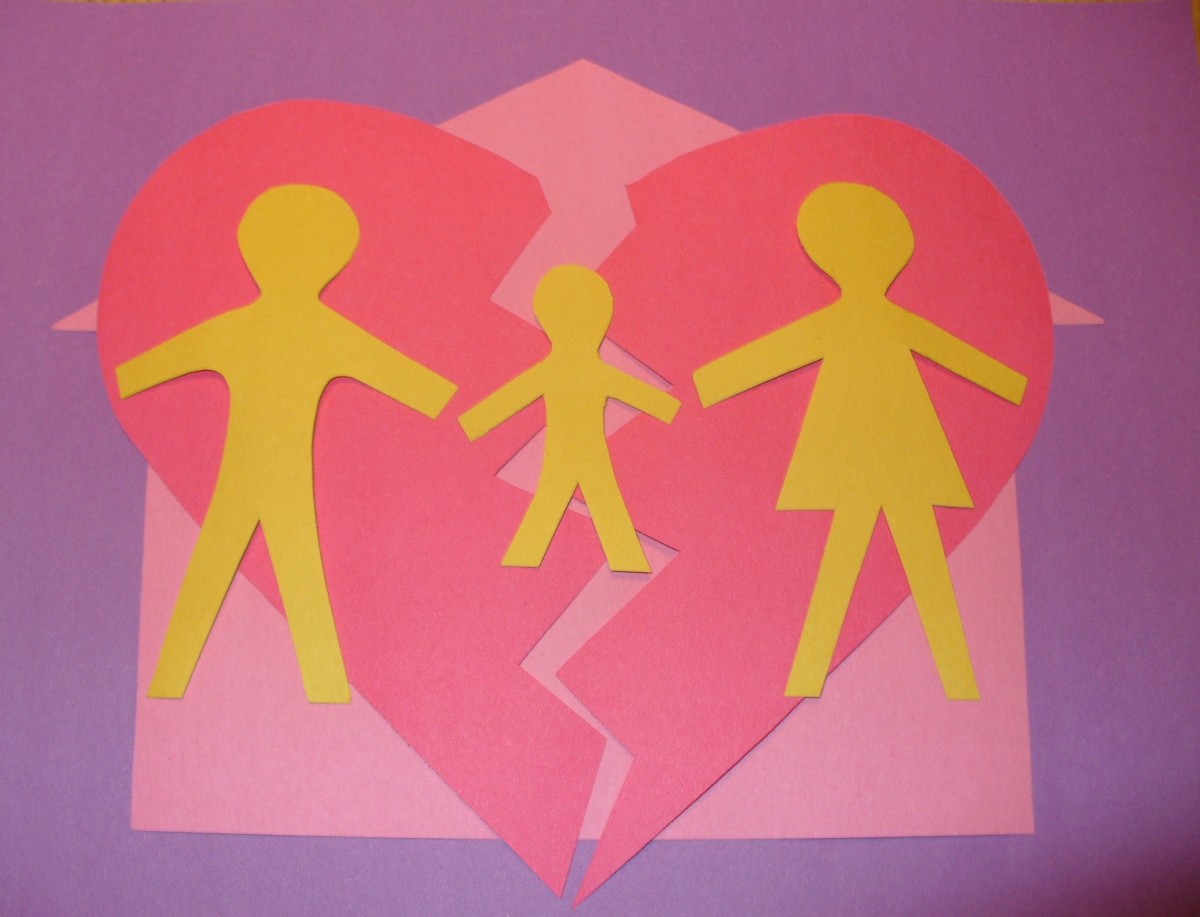Cruelty: A Cause of Divorce

The Hindu Marriage Act, 1955 has reformed the Hindu Law of Marriage. Earlier, Hindu marriages were considered to be a sacrament. The concept of marriage as a contract is an outcome of the industrial revolution. Once it is established that marriage is a Civil Contract, it is logical to recognize that it is a dissoluble union. No doubt, marriage is accepted as a civil contract but only to some extent. In our society, some sacred or religious ceremonies are still necessary for most Hindu marriages. In brief, it may be concluded that Hindu marriage has not remained a sacramental marriage and has also not become a contract, though it has a semblance of both.
Under Hindu Marriage Act, divorce can be obtained by either party. This Act originally based divorce on the fault theory and enshrined some fault grounds under section 13 (i), on which either husband or wife could sue for divorce. Cruelty is one of those fault grounds. Law provides that if their other marital partner treats one spouse with cruelty, the court can dissolve the marriage on the application made by the victim.
The legal concept of cruelty has varied from time to time, from place to place, from society to society, and from individual to individual in its application according to the social status of persons involved and their economic and social conditions. Whether the act complained of was a cruel act is to be determined from whole facts and matrimonial relations between the parties. In this connection, the culture, temperament, status in life, mental and physical condition, custom and manners of the parties, and many other things must be considered while deciding the existence of matrimonial offence of cruelty. Whether the respondent has treated the petitioner with cruelty can only be answered after all the facts and matrimonial relation of parties and interaction in daily life as many may be disclosed by evidence has been taken into account.
Cruelty as a matrimonial offence is not confined to physical violence but conceives of mental cruelty as well. Physical cruelty may consist of physical violence. It may be actual or threatened violence, whereas a germ of mental cruelty lies on the conduct of the respondent, which would cause injury to the petitioner. Mental cruelty can cause more grievous injury and create in the mind of the injured spouse reasonable apprehension that it will be impossible or unsafe to live with the erring party. Mental cruelty has to be of such kind as to make the complaining spouse, continued associated with another spouse, unsafe for their mental and physical health. In other words, the cruelty about which the Hindu marriage Act speaks is not restricted to acts of physical violence. It may extend to behaviour that may cause pain and injury to the mind and render the continuance in matrimonial home an agonizing ordeal.
The idea of cruelty has been so enlarged that matrimonial cruelty is now “the conduct of such type that complaining spouse cannot reasonably be expected to live with another spouse”. All that a spouse needs to prove is that the offending spouse has treated them so that it is harmful to them to live with another spouse. In the case before Punjab and Haryana High court, the Court said that the cruelty implies and means harsh conduct of such intensity and persistence, which would make it impossible for the spouse to operate the marriage.
There is a plethora of case law dealing with cruelty, and each case has its own facts and circumstances. However, some general principles have been laid down which may be referred to.
Physical beating, not giving sufficient money for running the kitchen, consuming liquor at the expense of food for the family amounts to cruelty. (1982Hindu Law Reporter-75)
Husband’s taunting his wife about her poverty and demanding dowry and harassing for dowry also amounts to cruelty. (Air 1989 Delhi)
False allegations of unchastely and adultery against the wife are also cruelty. Similarly, the wife making the allegation that the husband was a drunkard, womanize a gambler, and corrupt official and fails to prove it also amounts to cruelty.
In another case before Bombay High Court husband was a doctor who came across a large number of female patients as well as lady doctors. His wife used to nag him at every opportunity about those ladies and passed very nasty remarks, which caused mental pain to the husband. Court held it was mental cruelty.
Another settled law that Delhi High Court reaffirms is that if either party to the marriage is in a healthy physical capacity refuses to have sexual intercourse, the same will amount to cruelty. It must be recognized that nothing is more fatal to marriage than disappointment in sexual intercourse. A normal and healthy sexual relationship is one of there basic ingredients of a happy and harmonious marriage. If it is not possible due to ill health on the part of one of the spouses, it may or may not amount to cruelty depending on the circumstances of the case. But willful denial of sexual relationship by a spouse when the other is anxious for it would amount to mental cruelty, especially when the parties are young and newly married.
Drinking alcohol by itself may not be more than a person’s weakness, but as is held in a case before Kerala High Court, it becomes injurious to the wife when the husband, enslaved by alcohol, ceases to be a life partner. In this case, the husband is always under the influence of liquor. Thus the distress, pain, and suffering of the mind resulting from continuous drinking by the husband transform his individual weakness into such injury to the mind of a wife whose susceptibilities, broken aspirations, and other circumstances of her life, make matrimonial life impossible. The court held that in such circumstances drinking alcohol becomes matrimonial cruelty.
Countless case laws are dealing with the subject of cruelty which may be referred to here, but even then, it is a fact that no hard and fast rules can be laid down as to what act or conduct will amount to cruelty in any given case. What may amount to cruelty in one case may not amount to cruelty in another case.
-
Article as published in legal journal, Lawteller, March 1998. Since then Law as well situations may have been changed but still many issues are relevant.
-
This Article is written in Indian Context
This content is accurate and true to the best of the author’s knowledge and is not meant to substitute for formal and individualized advice from a qualified professional.
© 2011 Jaspall Singh








